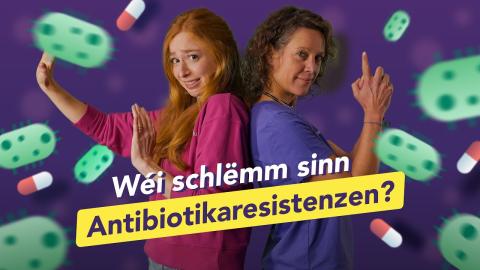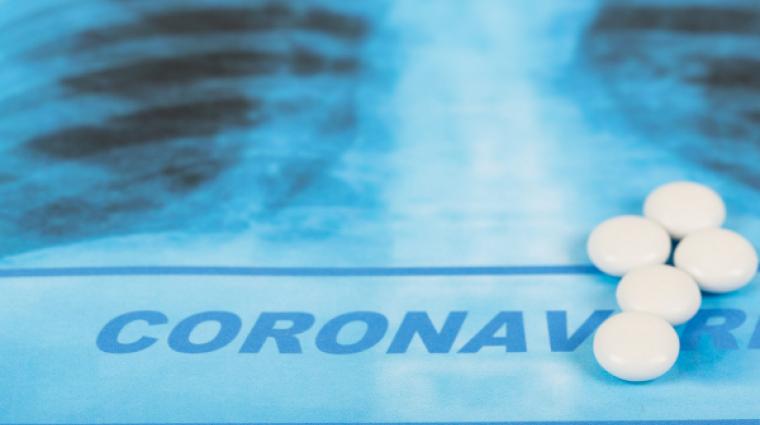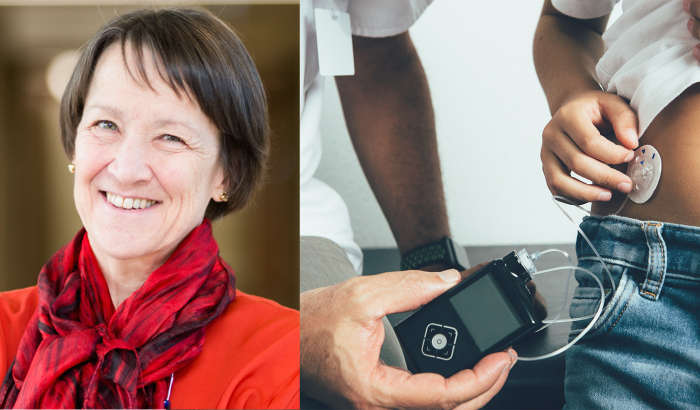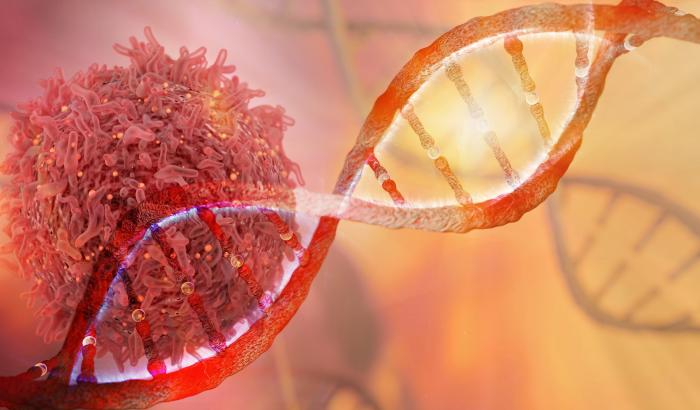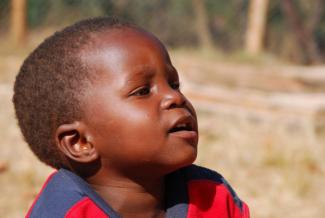
(C) Shotshop
The Luxembourg Institute of Health (LIH) participated to a large study which led to a revision of WHO guidelines for HIV treatment in infants.
The HIV paediatric epidemic in Africa is still a major public health challenge. According to UNAIDS, the Joint United Nations Programme on HIV/AIDS, 3.2 million children under the age of 15 were living with HIV and 240,000 were newly infected in 2013. The World Health Organisation (WHO) recommended in 2010 to treat all HIV-infected children less than two years of age with antiretroviral drugs (anti-HIV drugs).
In 2016, the WHO guidelines for HIV treatment were however revised based on the results of the MONOD trial in West Africa, in which the Luxembourg Institute of Health (LIH) participated, and another similar trial in South Africa.
The MONOD ANRS 12026 phase III clinical trial compared two different antiretroviral treatment strategies in HIV-infected infants in Ouagadougou, Burkina Faso and Abidjan, Ivory Coast. After having run for five years, the conclusion was that under certain circumstances, a simpler and cheaper treatment was equally efficient than the one recommended by the previous WHO guidelines.
Two different kinds of antiretroviral drug regimes
HIV infection is usually treated with a combination of antiretroviral drugs. These can’t cure AIDS but reduce the amount of virus in the body. This allows HIV-infected patients to live longer and also helps reduce the transmission of the virus.
In low-income countries, the first line therapy that is recommended for infants is based on a drug named lopinavir/ritonavir (Brand name: Kaletra®), a so-called protease inhibitor. This drug blocks an HIV enzyme (a protein that starts or speeds up a chemical reaction in the body), and blocking this enzyme prevents HIV from multiplying and thus reduces the amount of virus (viral load) in the body.
This drug It however presents many challenges as it is more costly than other anti-HIV drugs, requires refrigeration for storage and must be administered twice a day.
The MONOD trial assessed the use of an alternative once-daily treatment without protease inhibitor, based on a drug named efavirenz (brand name: Sustiva). In scientific jargon, this is called a non-nucleoside reverse transcriptase inhibitor. It works in a similar way to lopinavir/ritonavir, it just targets a different HIV enzyme that controls the replication of the genetic material of the virus.
The trial: comparing two treatment strategies
Between May 2011 and January 2013, 156 children less than two years old were included in the clinical trial to receive antiretroviral treatment.
They first received a treatment based on lopinavir/ritonavir for 12 months, which led to a high viral suppression rate, meaning less virus could be detected in the infants’. Then they were split into two groups, one continuing this treatment, the other one getting the alternative efavirenz-based treatment.
12 months later, they scientists measured again how much of the virus was still detectable in the infants (the viral load) and what the side effects were. They found that the efavirenz-based treatment was not less efficient than the lopinavir/ritonavir- based treatment and that there were no significant differences in adverse events between the two therapies.
Nevertheless the therapy switch after 12 months can only be recommended if the viral load is closely monitored since drug resistance mutations have already emerged.
What did the Luxembourg Institute of Health do?
The collaborators from Luxembourg in the MONOD trial were Dr Carole Devaux, Principal Investigator of the HIV Clinical and Translational Research group at LIH’s Department of Infection and Immunity, Dr Jean-Claude Schmit, formerly CEO of LIH and now Director of Health at the Ministry of Health, and Dr Vic Arendt from the National Service for Infectious Diseases of the “Centre Hospitalier de Luxembourg”.
‘We were responsible for the quality controls of the biological and virological monitoring of all patients in both sites. We were additionally in charge of performing HIV genotyping and determining the HIV drug resistance status of the patients from Ouagadougou’, states Dr Devaux.
The MONOD ANRS 12026 study was coordinated by Dr Valériane Leroy from the University of Bordeaux, France and supported by European Developing Countries Clinical Trials Partnership (EDCTP), Inserm-ARNS and the Luxembourg National Research Fund (FNR).
Publications resulting from the MONOD study (contribution of LIH to five of them):
2014:
Missed Opportunities for Early Access to Care of HIV-Infected Infants in Burkina Faso
2016:
Missed opportunities of inclusion in a cohort of HIV-infected children to initiate antiretroviral treatment before the age of two in West Africa, 2011 to 2013
Costs of Care of HIV-Infected Children Initiating Lopinavir/Ritonavir-Based Antiretroviral Therapy before the Age of Two in Cote d'Ivoire
2017 :
Efavirenz-based simplification after successful early lopinavir-boosted-ritonavir-based therapy in HIV-infected children in Burkina Faso and Côte d’Ivoire: the MONOD ANRS 12206 non-inferiority randomised trial
Virological response and resistances over 12 months among HIV-infected children less than two years receiving first-line lopinavir/ritonavir-based antiretroviral therapy in Cote d’Ivoire and Burkina Faso: the MONOD ANRS 12206 cohort
Pharmacokinetics of Efavirenz at a High Dose of 25 Milligrams per Kilogram per Day in Children 2 to 3 Years Old
This article is adapted from an article originally publihed on the LIH blog.
Author: LIH
Editor: Michele Weber (FNR)
Photo: shotshop.com

